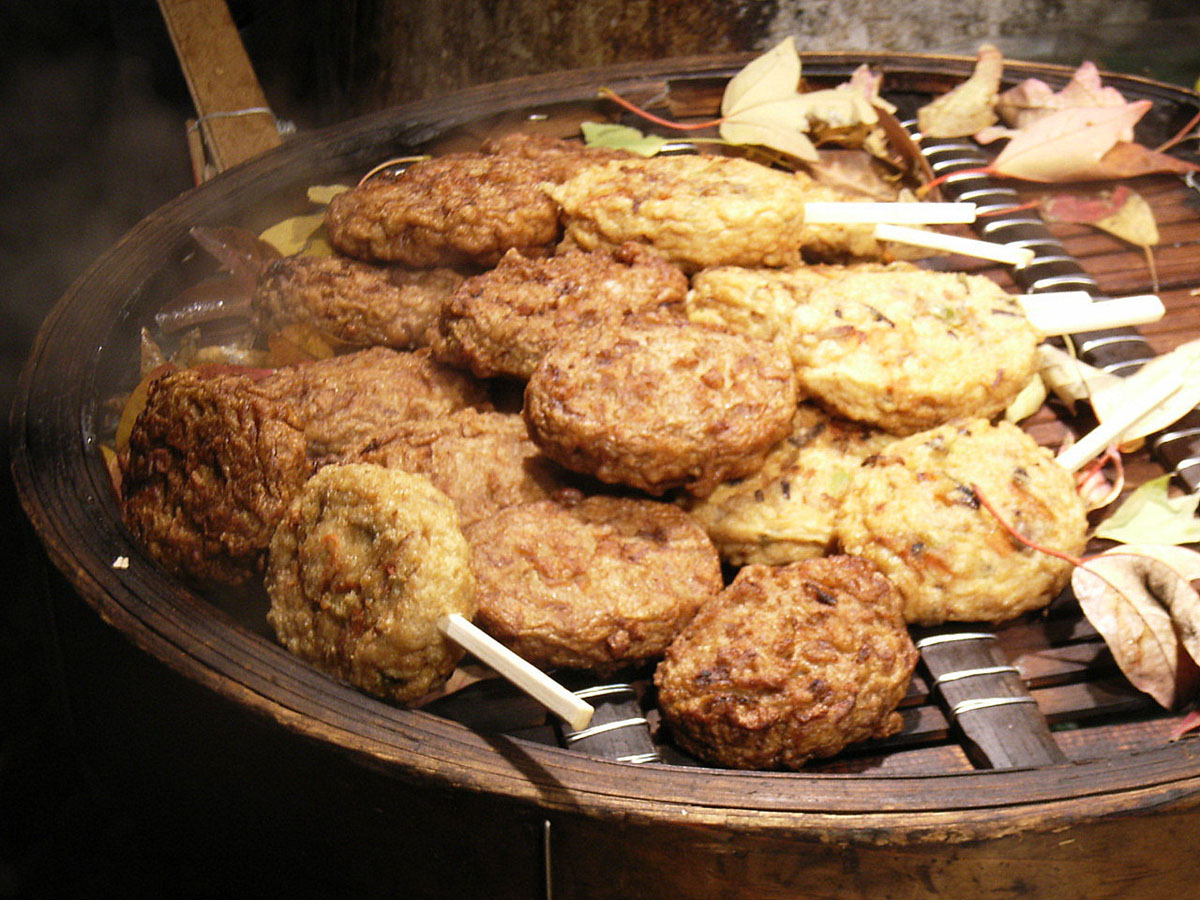
What is gastricreflux?
Gastric reflux is a condition where the acidic stomach content flows back form the stomach into the esophagus. Typically, whatever we consume should go one way. From the mouth, food enters the esophagus, a tube that connects the stomach with the mouth. The esophagus has two “valves”, one on the upper end and one on the lower end. These valves shut it and do not allow anything, solid matter, liquid or gases to wander inside or back outside unless it should (typically, this is only when we are swallowing something, on when we are vomiting or burping). More scientific name for these valves is sphincter muscles. These are circular, ring - like muscles that encircle numerous passageways in the organism, such as esophagus, the anus, or the urethra.
Inside the stomach, chewed and swallowed food is suffused with powerful acid, secreted by the walls of the stomach. Purpose of this acid is to break down and soften food as much as possible and prepare it for chemical breakdown in the intestines, when food components will be stripped down to molecules, suitable for absorption through the intestines and further use in the organism. Walls of the stomach, needless to say, are acid resistant.
Now, if, for some reason, the esophageal sphincter on the lower end of the esophagus does not seal well, this highly acidic stomach content can flow back in the esophagus, whose walls are not acid resistant. Acid burns the wall of the esophagus, causing pain and other symptoms of GERD.
Why it happens?
There are two reasons. The principal reason is the weakening of the lower esophageal sphincter muscle. The second, which just adds to the first, is consumption of foods that are known to cause excess secretion of stomach acid and increase pressure in the stomach or affect the sphincter in some other way. The list of such foods is large, and we offer just a short exception from it. In example, foods that can cause a GERD attack include fast food, including all deep fried and fatty food, chocolate, citrus fruits and their juices, caffeine containing beverages such as tea, coffee and various fizzy drinks, spirits and alcohol onions (raw onions in particular), potato chips, French fries, spicy mashed potatoes, ground beef and marbled sirloin, salad dressings, spaghetti, particularly those served with hot tomato sauce, as well as cheese and macaroni.
What can you do?
You have probably heard GERD - related advices before. Loose weight, exercise, change eating habits, yada yada yada. These advices are not bad, but here is a practical approach. Make and maintain a list of foods that cause GERD attack in you, and grade the level of severity for each kind of food. That way you will know what foods to avoid at all times, what occasionally, and what foods do not trouble you at all. It will be easier to decide what to eat for your next meal with such list.







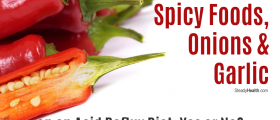
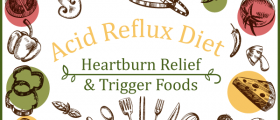

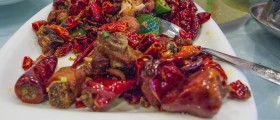
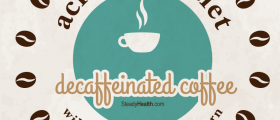



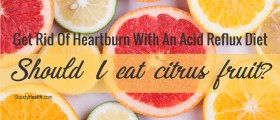

Your thoughts on this
Loading...